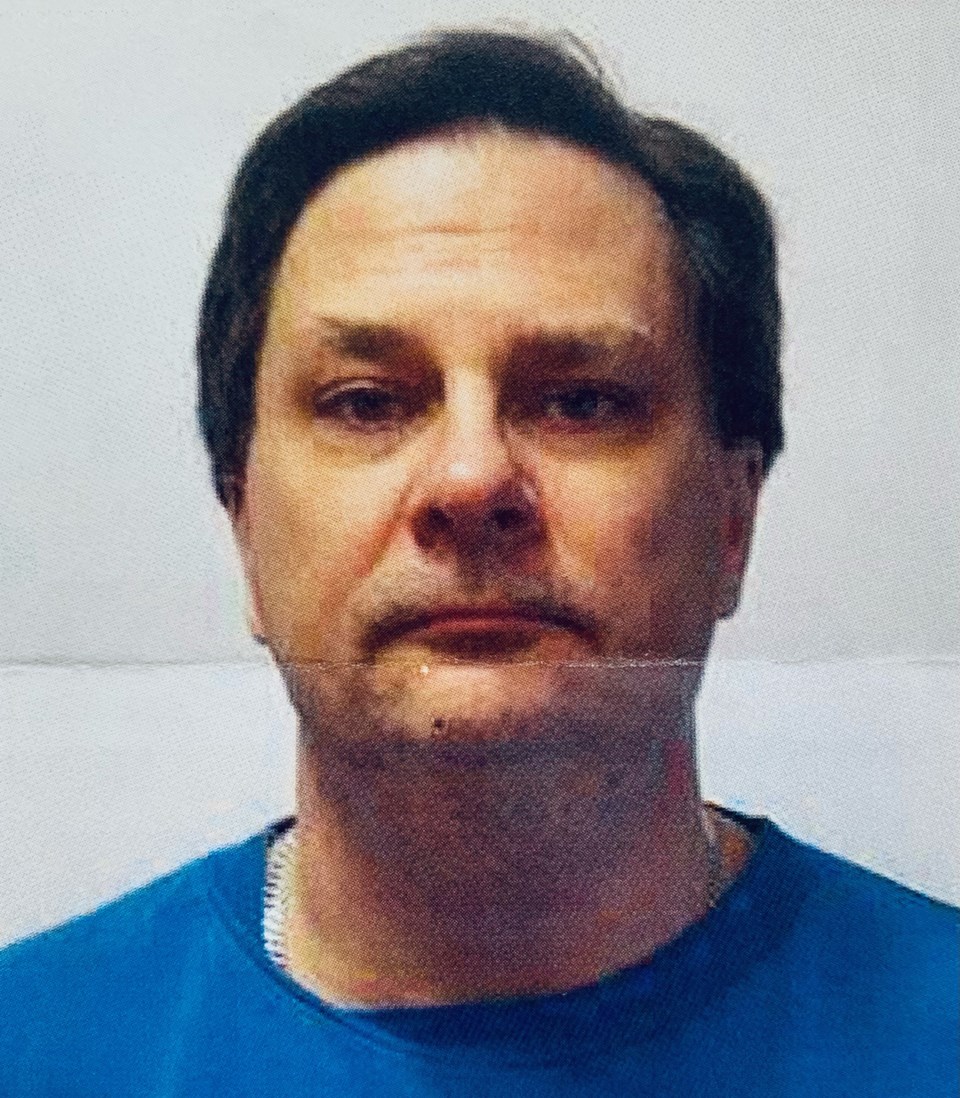The Parole Board of Canada has revoked day parole for convicted killer Kenneth David MacKay.
He had been granted day parole in February but was put back behind bars in September after a woman told police he was stalking her daughter. His day parole has now been revoked.
“The Board concludes that your risk to re-offend has become undue and that your risk cannot be managed in the community,” said the Board in its Nov. 21 written decision.
MacKay, now 49, befriended a woman at his flagging job in Victoria, British Columbia, and then began to stalk her, the girl’s mother told SASKATODAY.ca during a phone interview in September. Victoria police confirmed that they had arrested MacKay.
The parole board’s November report revealed that after MacKay was arrested in September for parole violations, he was assaulted by multiple inmates who had heard about his case on the news. MacKay sustained broken ribs and was hospitalized.
Violent murder of Crystal Paskemin
Warning: Details may be disturbing to some.
Mackay murdered 21-year-old Crystal Paskemin from Sweetgrass First Nation in Saskatoon in December 2000. Two years later, a Saskatoon jury found Mackay guilty of first-degree murder.
In 2002, Mackay was sentenced to life in prison with no parole eligibility for 25 years but he was granted day parole in January and released to a community residential facility on Vancouver Island for six months. Then, in July, the parole board extended his day parole for another six months. He was granted day parole prior to his full parole eligibility in 2027.
Parole documents reveal that Mackay is banned from Saskatchewan, has a curfew from 8 p.m. to 6 a.m. and must return to the halfway house at night. Other conditions of his release include not consuming drugs or alcohol, following his treatment plan, not being at a gambling establishment, not contacting the victim’s family, and reporting all sexual and non-sexual relationships and friendships with women to his parole officer.
Parole documents show there continues to be concerns about Mackay’s power and control issues. The board said he has possible issues with women and their expected role in relationships. A psychologist concluded that he was a high risk for violent re-offending.
Mackay’s Institutional Parole Officer wrote in her report that she had concerns about his inability to accept “no” for an answer, and inability to accept denials or refusals. He attacked Paskemin after she told him "no." At the time of Paskemin’s rape and murder, Mackay was “harbouring anger towards the women” in his life and his failed relationships, said the report.
Paskemin was on a girl’s night out at the Longbranch, and after watching her from a distance, MacKay approached her and offered her a ride home, said Paskemin’s sister Tanya.
Mackay’s parole documents reveal that he violently sexually assaulted Paskemin in his truck. She managed to escape but he continued to attack her outside of his truck, including hitting her on the jaw with his fist with such force that her jaw was broken. He then drove his truck over Paskemin’s head, crushing it.
“You set the victim's body on fire and dragged her body behind your truck for a considerable distance before digging a crude grave and dumping the victim's body into it,” state the parole documents. “You then fled and tried to destroy evidence. The victim was found naked with the exception of one sock.”
He lit her body on fire and dragged her body in his truck by a chain down an icy grid road. He then dug a shallow grave, tossed Paskemin in it, and covered her with snow, said the Federation of Sovereign Indigenous Nations when speaking out in January against Mackay’s day parole.
Story corrected to say day parole.
Don't count on social media to deliver your local news to you. Keep local news a touch away by bookmarking SASKTODAY.ca's homepage at this link.
to bookmark our Crime, Cops and Court section.


